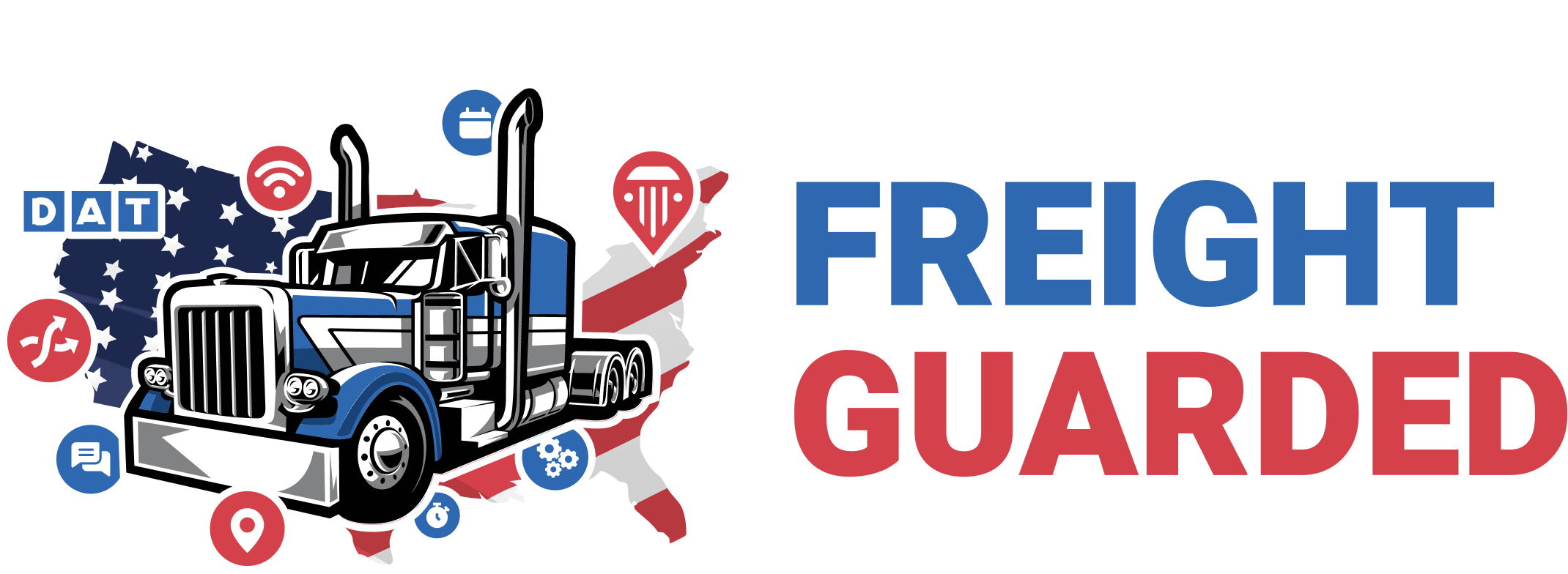Company drivers and owner-operators are both involved in the transportation industry, but there are significant differences in their roles, responsibilities, and employment arrangements:
Company Drivers:
- Company drivers are employees of a transportation company or carrier.
- They drive trucks owned by the company and operate under the company's authority.
- Company drivers typically receive a regular salary or hourly wage and may also receive benefits such as health insurance, retirement plans, and paid time off.
- They do not own the trucks they operate and are not responsible for the maintenance, fuel costs, or other expenses associated with the vehicle.
- Company drivers generally have a set schedule and are assigned routes by their employer.
- They are subject to the company's rules, policies, and regulations regarding safety, conduct, and performance.
Owner-Operators:
- Owner-operators are independent contractors who own and operate their own trucks.
- They have their own authority to operate as a carrier or may lease their services to a transportation company.
- Owner-operators are responsible for the purchase, maintenance, insurance, and operating costs of their trucks.
- They have greater control over their schedules, routes, and work arrangements compared to company drivers.
- Owner-operators are typically paid based on a percentage of the revenue generated from the loads they haul or on a per-mile basis.
- They have the flexibility to choose the loads they want to haul and may work with multiple shippers or brokers to find freight.
In summary, company drivers are employees of a transportation company who drive trucks owned by the company, while owner-operators are independent contractors who own and operate their own trucks. The key distinctions include employment status, control over equipment and operations, and financial arrangements.

.thumb.jpg.79710ba0be5a9f3be83fb45bcaf36e79.jpg)